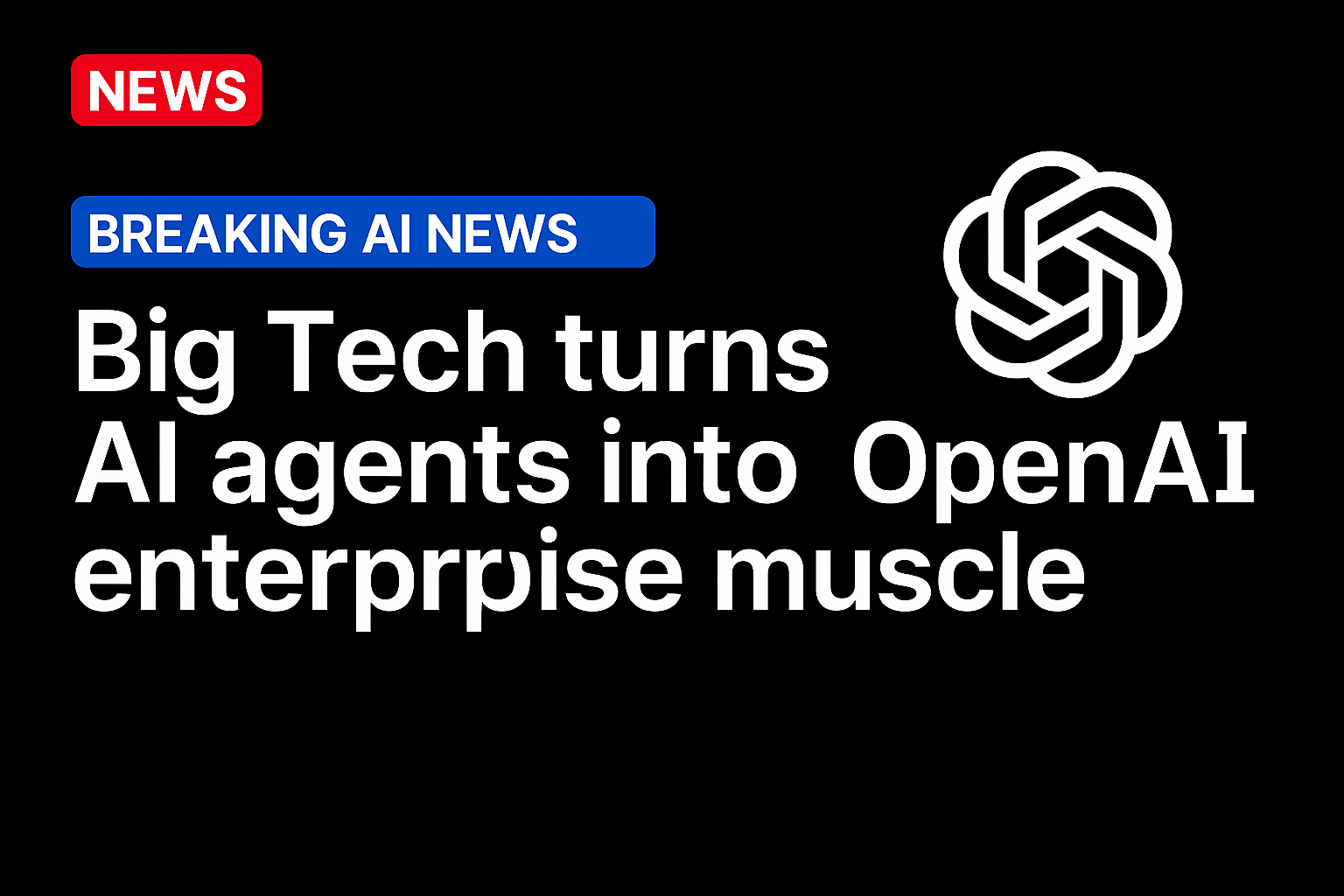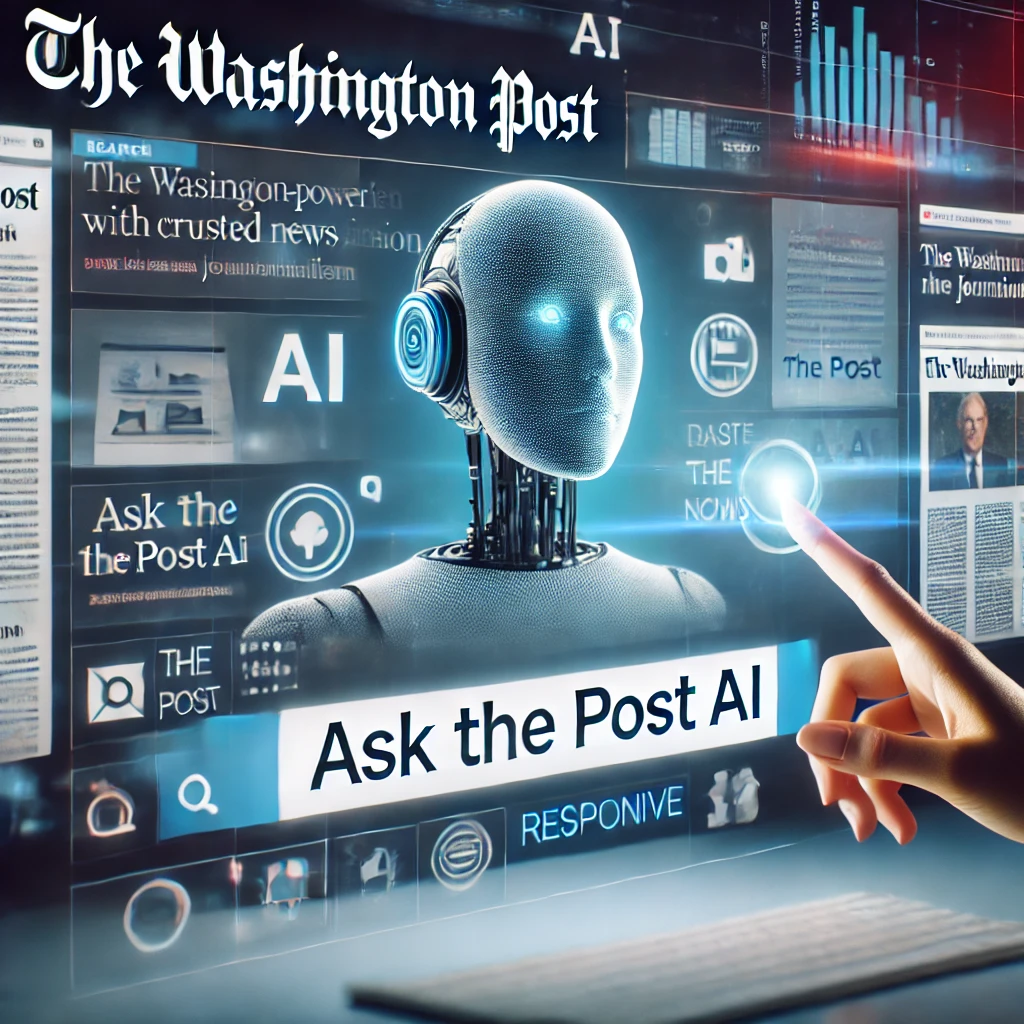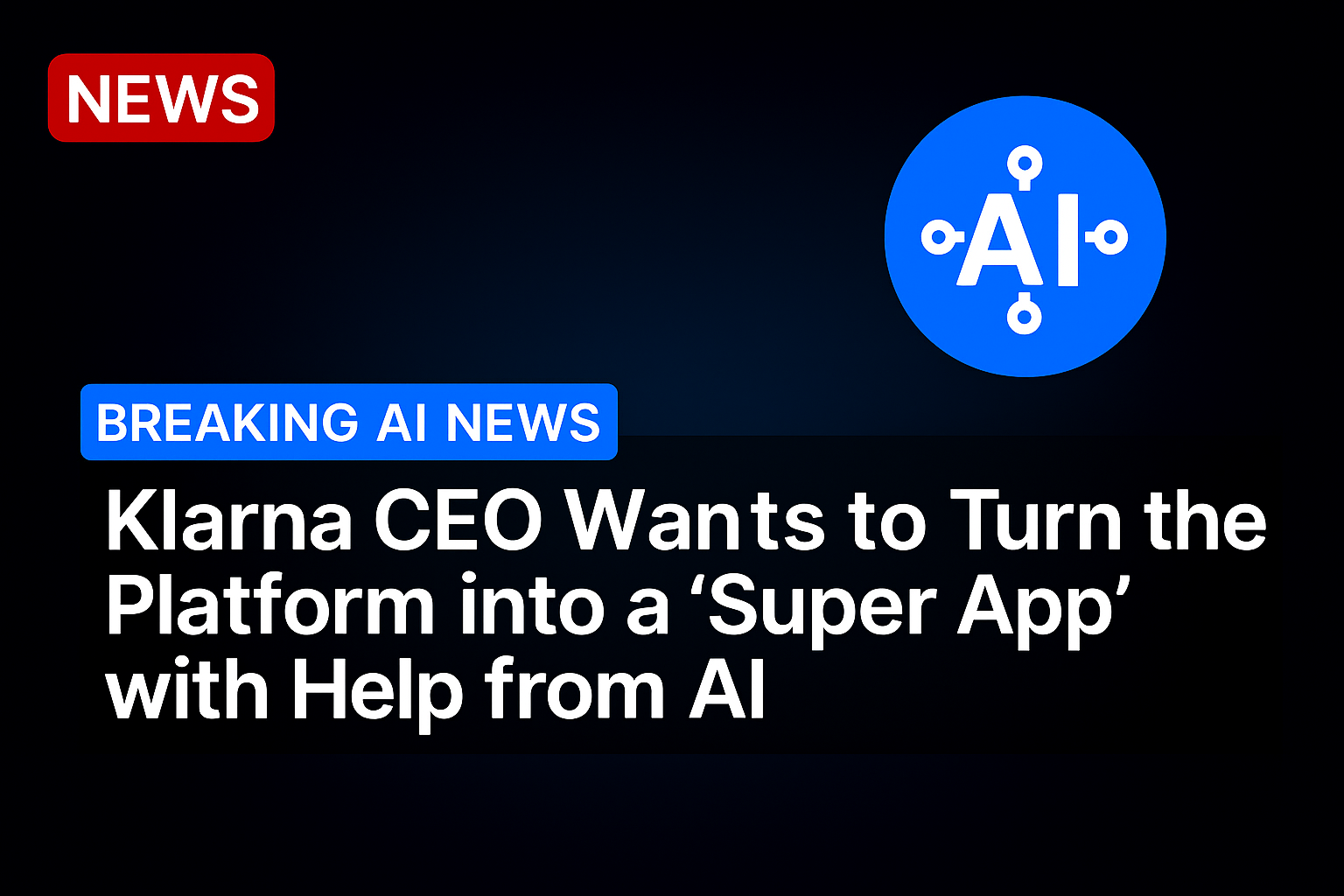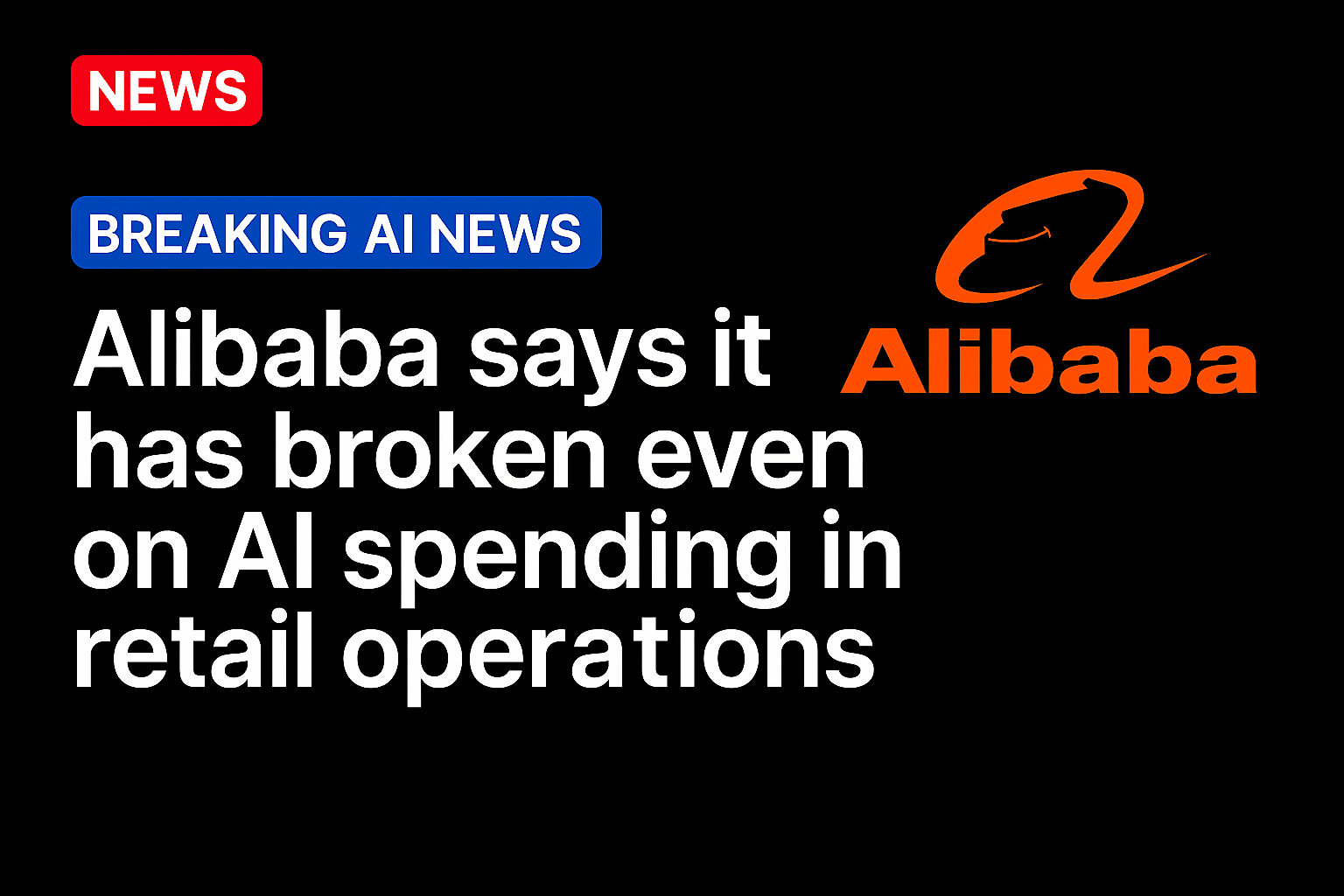
It was a big week for Big Tech in the Prompt Economy, as it continues to take shape from both a technology and use case perspective. This week saw major developments from Amazon and Microsoft and a fascinating future use case from the world of media.
Amazon Aims for Enterprise AI
Amazon’s new Quick Suite represents one of the clearest examples yet of agentic AI making the leap from experimental to enterprise-ready. Marketed as a digital workspace built around autonomous “teammates,” Quick Suite can answer questions, conduct research, analyze data, generate reports and, critically, turn those answers into real-world actions. Users can create “spaces” for projects or departments, where the system’s agents search across emails, files, databases and applications to produce insights or automate workflows. A salesperson, for example, could ask Quick Suite to compile an account plan, analyze opportunity data and trigger alerts for contract expirations, all from a single conversational prompt.
The significance of Quick Suite lies in its design as a multi-agent orchestration layer for enterprise operations. By combining conversational interfaces with workflow automation, data analytics and native integration across AWS and third-party apps like Zoom, Asana and PagerDuty, Quick Suite positions Amazon squarely in the new market for agentic workspaces, which it describes as platforms that blend LLM-driven reasoning with procedural task execution. For business users, it promises a way to connect the dots between information discovery and decision execution, collapsing research, reporting and automation into one continuous process.
As Bhavik Rao, VP of Data Analytics & IT Governance at Vertiv, put it in the launch materials, Quick Suite is “a catalyst for large-scale digital transformation” with plans to expand enterprise use by 25% in 2026.
Microsoft Takes Action
Microsoft also made a big announcement last week. Copilot Actions marks the company’s first step toward embedding fully agentic AI inside Windows itself. It gives Copilot the ability not just to summarize or suggest, but to do. Announced on October 16, the experimental feature allows Windows 11 users to delegate real tasks such as organizing files, editing documents, booking reservations, or sending emails to an AI agent that can “click, type, and scroll like a human.”
Initially available through Copilot Labs for Windows Insiders, Copilot Actions extends the earlier web-based version into the desktop environment, enabling AI to interact directly with local files and applications through a secure “agent workspace” designed for task execution.
What distinguishes Copilot Actions is not just functionality but Microsoft’s security-first approach to agentic computing.
Recognizing the risks of autonomous software, such as cross-prompt injection or unintended data exposure, the company built the system around four privacy and safety pillars: distinct agent accounts, limited permissions, trusted code signing and privacy-preserving design. Each agent runs under its own account with restricted privileges, and users must explicitly grant access to folders like Documents or Downloads. Actions are transparent, reversible and monitored in real time.
“Windows will be the most secure, trusted, and user-centric platform for agentic computing,” wrote Dana Huang, Microsoft’s corporate vice president for Windows Security, in announcing the preview.
Media Matters
Can AI agents negotiate ad buys while we sleep? That’s the provocative question at the heart of “Agentic PPC: What Performance Marketing Could Look Like in 2030,” a forward-looking op-ed by Benjamin Wenner for Search Engine Land. Wenner envisions a near future where marketers train personal AI “twins” capable of optimizing campaigns, reallocating budgets, and trading insights with other agents in real time. These agents would learn an advertiser’s unique style such as how they test creative, react to competitors, or scale top performers. They would then replicate those behaviors autonomously. Through interoperability standards like Google’s Agent2Agent (A2A) protocol and a new Agent Payments Protocol (AP2), Wenner predicts agents will soon collaborate across networks, exchanging expertise and even earning revenue for their owners while executing ad strategy at machine speed.
But Wenner cautions that this agentic future will bring new tensions around trust, control and differentiation. If every marketer has an equally capable AI, how will creativity or competitive edge survive? He imagines a bifurcated ad economy by 2040: an “efficiency track,” dominated by autonomous agents optimizing spend and conversions, and a “brand track,” where human-only marketing becomes a badge of authenticity. In this world, marketers may need new roles like authenticity auditors or culture interpreters to ensure campaigns retain the emotional nuance AI can’t replicate. Wenner’s conclusion: agents won’t replace marketers, but they will force them to decide when to automate, when to collaborate and when to stay human.
Source: https://www.pymnts.com/




